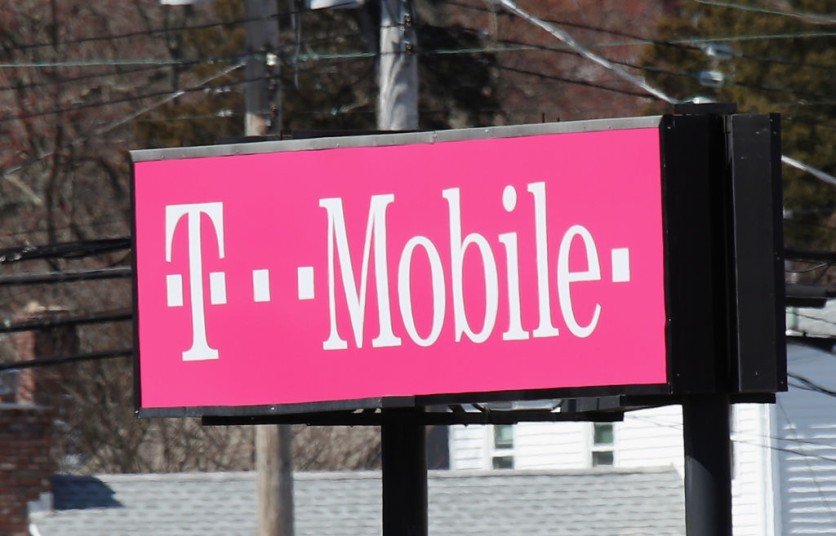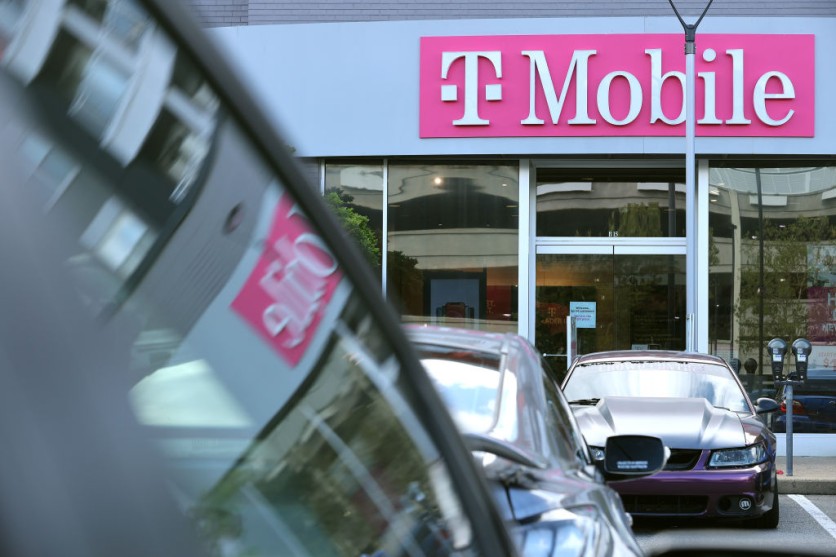T-Mobile poured $304 million to buy thousands more spectrum licenses in the most recent FCC auction of frequencies, enabling it to extend its 5G service to more people living in rural and underserved areas, according to a report by CNET.
As the frequencies included the 2.5 GHz spectrum that the carrier has been employing for its midband 5G network, T-Mobile was the biggest winner in the FCC Auction 108.
According to FCC records, neither Verizon nor AT&T obtained spectrum in the auction.
The 7,000 county-based licenses that T-Mobile secured in the auction, according to a press release, fill in any gaps in its overall 5G network and provide connection to 81 million people, primarily in rural areas.

Read also : T-Mobile Customers Complain That The Carrier's Site Won't Let Them Preorder New iPhone 14
Additional Spectrum
T-Mobile will be able to dramatically enhance bandwidth in many areas where Ultra Capacity 5G is already available and the service to new areas thanks to this new spectrum.
Following licensing, the Un-carrier will launch the new spectrum for 5G right away, according to T-Mobile.
"We've been clear in our mission for years. We've supercharged the Un-carrier by building the leading wireless network in America - with leading breadth and depth - and paired it with the best value, backed by the best customer experience from the best team. This additional spectrum only accelerates that mission," Mike Sievert, CEO of T-Mobile, said in a statement.
The expansion began in 2017 when Un-carrier announced plans for nationwide 5G with 600 MHz nationwide.
When T-Mobile announced its plan to merge with Sprint in 2018, the Un-carrier was thrust into a leadership position in the 5G network market and formed a formidable competitor to better compete with industry giants Verizon and AT&T for the benefit of consumers and businesses across the country.
T-Mobile and SpaceX announced a partnership last month to employ Starlink satellites to fill in signal dead zones.
The company also invited other carriers to work with it to receive reciprocal roaming instead of competing with them on a global scale.
According to T-Mobile CEO Mike Sievert, the company can offer other carriers reciprocal roaming if they want to use the mid-band spectrum allotted to SpaceX's Starlink constellation.

Related Article : Elon Musk Says Tesla EVs Also Connect to SpaceX Starlink's Satellites That Works with T-Mobile
This article is owned by Tech Times
Written by Joaquin Victor Tacla




